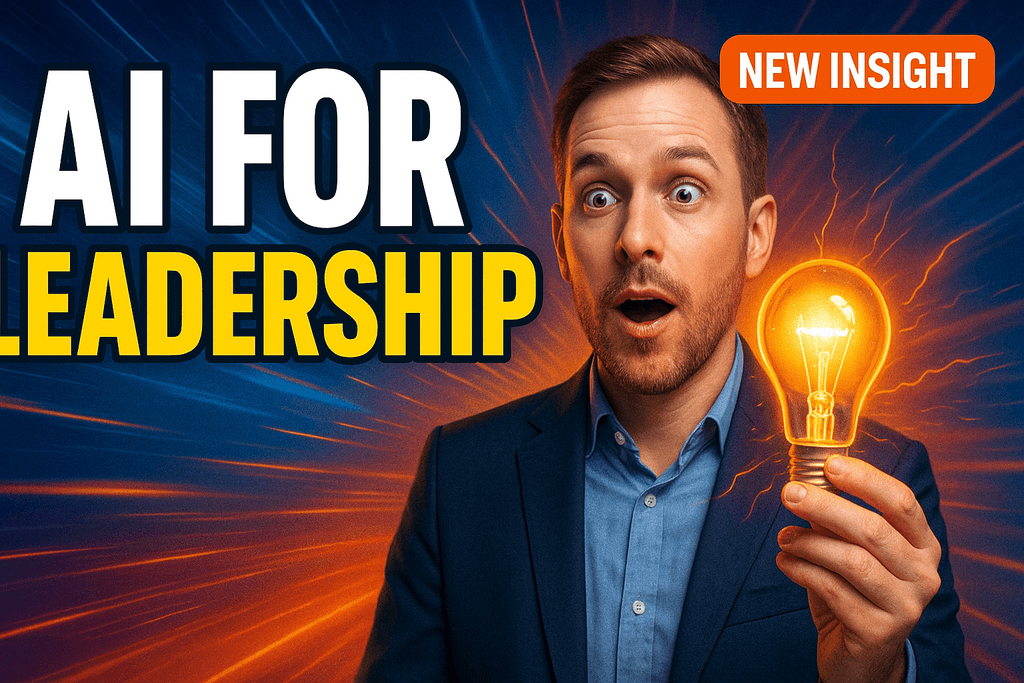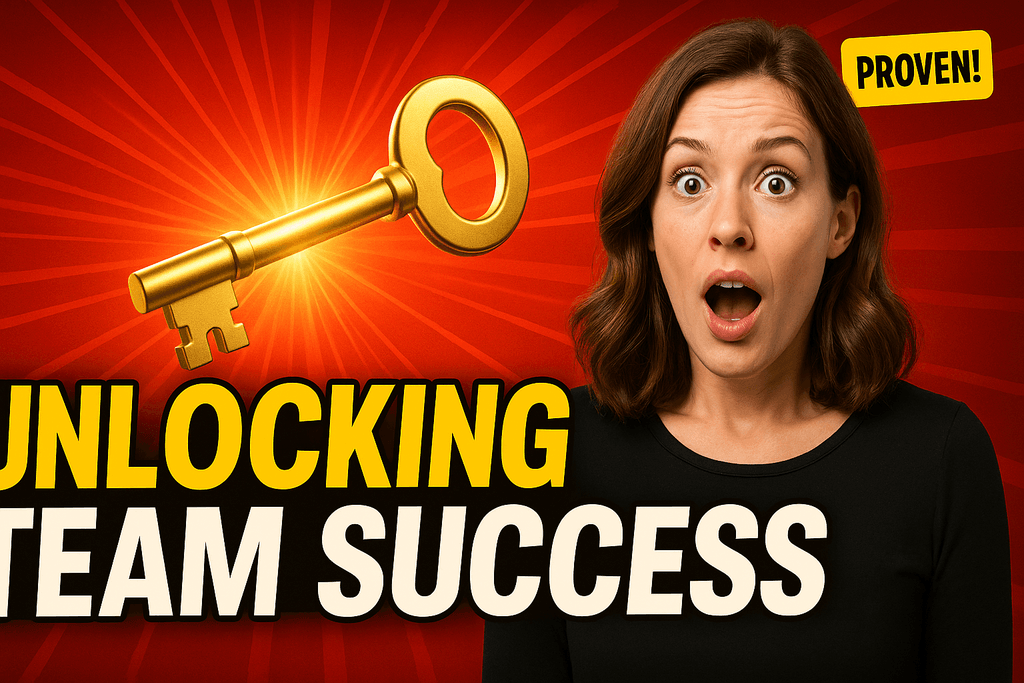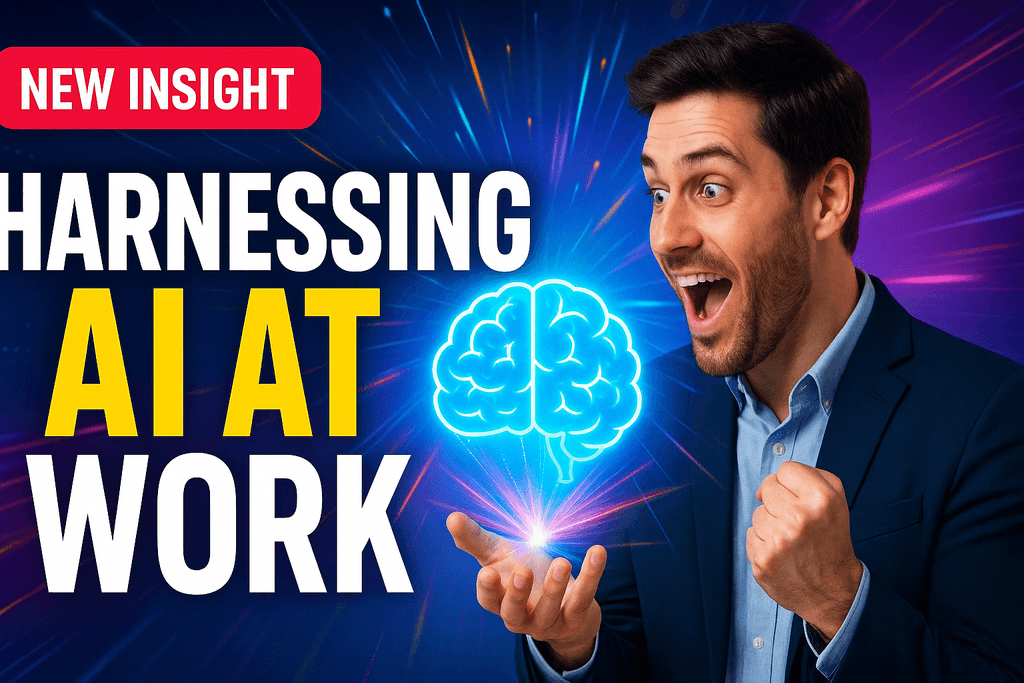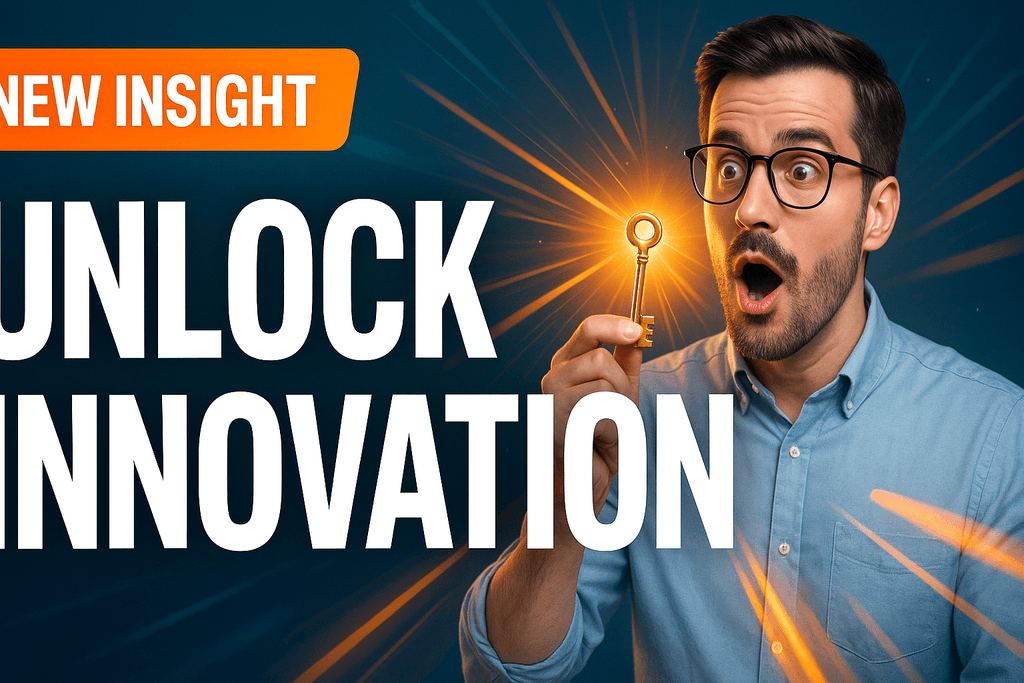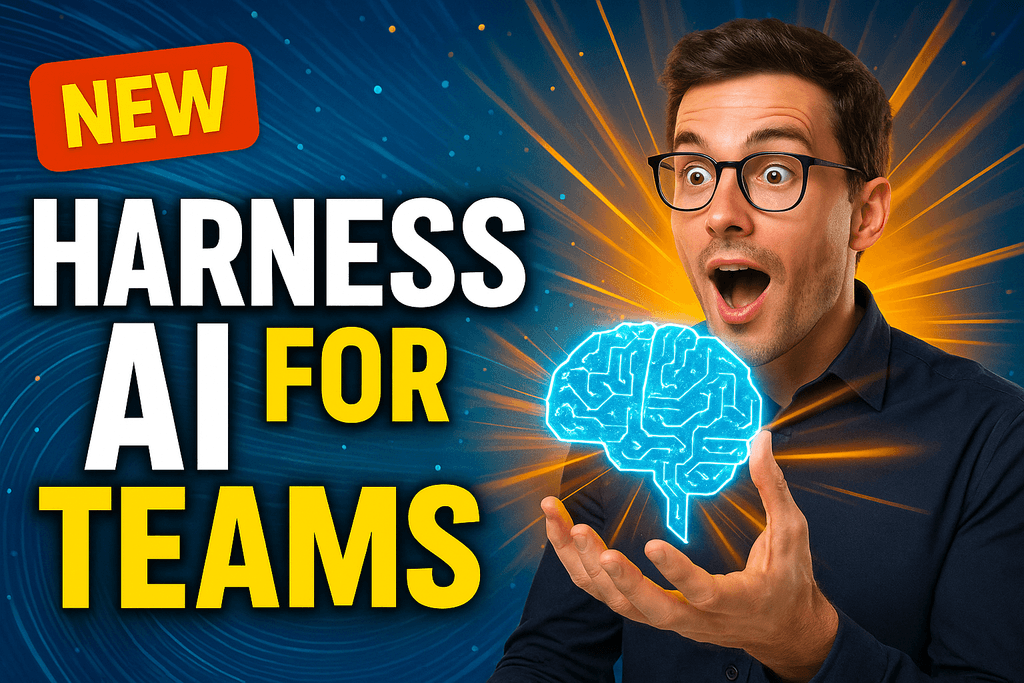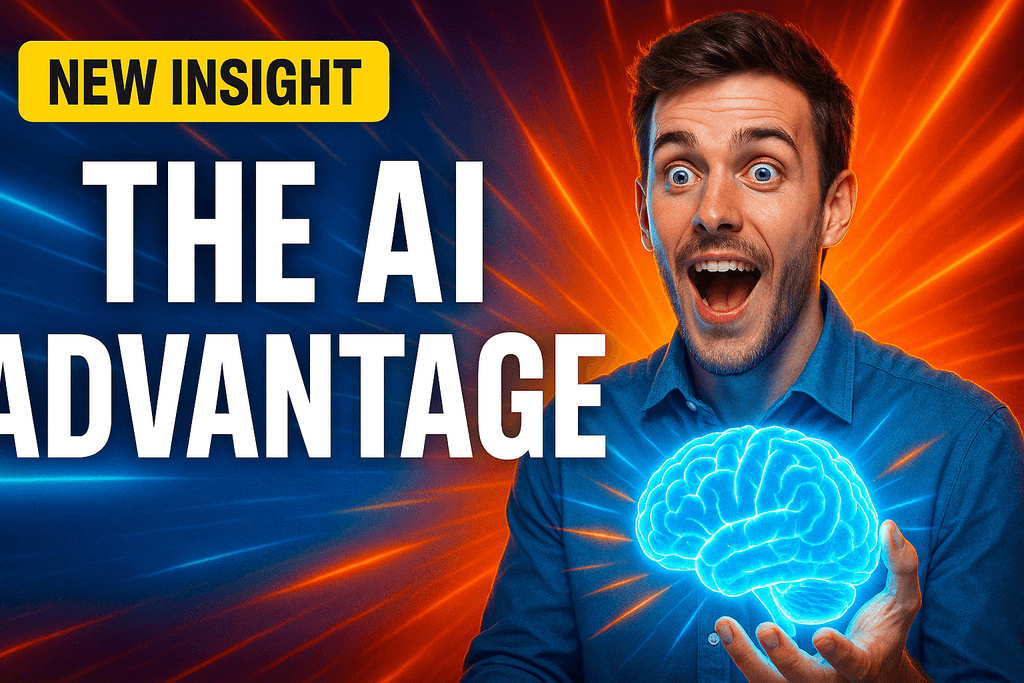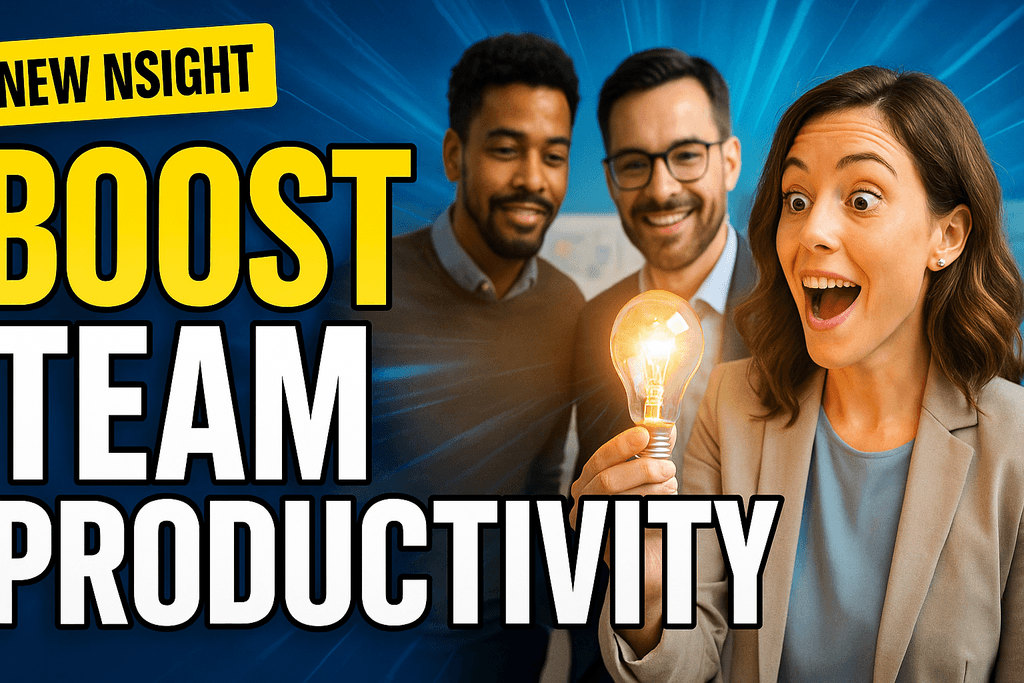
Table of Contents
Understanding Headless CMS and AI Agents
A headless CMS is a content management system that decouples the front-end presentation layer from the back-end content repository. Unlike traditional CMS platforms, which tightly integrate content creation and presentation, a headless CMS provides content through APIs, allowing developers to use any front-end technology to display content.
The key benefits of a headless CMS include flexibility, scalability, and performance. With a headless CMS, developers can choose their preferred front-end framework, scale both front-end and back-end independently, and deliver content more efficiently. Additionally, the separation of front-end and back-end enhances security by reducing the attack surface.
Modern headless CMS platforms like Orbitype go beyond traditional content management by integrating AI agents that can automate content workflows, optimize delivery, and provide intelligent insights. These AI agents work seamlessly with the API-first approach to create truly autonomous content management systems.
Orbitype: The Agentic Cloud OS for Angular
Orbitype is a modern headless CMS designed to streamline content management and delivery. It offers a rich set of features that cater to the needs of both developers and content creators. Key features of Orbitype include an API-first approach, a user-friendly interface, flexible content modeling, and real-time collaboration capabilities.
What sets Orbitype apart is its ability to adapt to various use cases, from simple websites to complex applications. This makes it an ideal choice for developers seeking a robust and flexible CMS solution. As an agentic cloud OS, Orbitype combines PostgreSQL databases with cloud storage (S3), enhanced by compute resources, workflow automation, and AI agents that have access to all data and processes.
The AI workforce within Orbitype enables intelligent automation and analysis, making it possible to realize virtually any digital application - flexible, scalable, and without vendor lock-in. These AI agents can automatically manage content workflows, optimize Angular application performance, and provide intelligent insights for better user experiences.
Angular Framework and AI-Enhanced Development
Angular is a widely-used front-end framework developed by Google. Known for its powerful features and tools, Angular simplifies the development of dynamic and responsive web applications. Angular's component-based architecture encourages reusability and maintainability, while its two-way data binding simplifies synchronization between the model and the view. Dependency injection enhances code modularity and testing, and Angular's rich ecosystem supports development with a vast array of tools and libraries.
Angular's comprehensive features make it a popular choice among developers for building high-performance web applications. When combined with AI agents and workflow automation, Angular applications can become truly intelligent, automatically adapting to user behavior, optimizing performance, and managing content delivery without manual intervention.
The integration of AI workforce capabilities into Angular development workflows enables developers to focus on creative problem-solving while AI agents handle routine tasks like code optimization, testing automation, and performance monitoring.
Integrating Orbitype with Angular: AI-Powered Workflows
Integrating Orbitype with Angular is a straightforward process. The combination leverages the strengths of both technologies to create a seamless content management and delivery experience enhanced by AI agents and workflow automation.
To begin, set up your Orbitype account and create a new project. Obtain your API key and endpoint URL. In your Angular project, configure the HTTP client to handle API requests to Orbitype. Fetching and displaying content involves creating services in Angular to make API calls to Orbitype, and then injecting these services into components to display the content.
The real power of this integration lies in the AI workforce capabilities. Orbitype's AI agents can automatically optimize content delivery based on user behavior, manage content workflows, and even generate personalized content for different user segments. These agents work behind the scenes, analyzing data patterns and making intelligent decisions to enhance the user experience.
Are you using React instead of Angular? Discover how Orbitype seamlessly integrates with React in our React CMS guide.
Developer Benefits: Streamlined Development with AI Agents
Using Orbitype with Angular offers several benefits for developers. The streamlined development process allows developers to focus on building features rather than managing content. Orbitype's API-first approach and Angular's robust framework simplify content delivery and presentation, while AI agents handle routine optimization tasks automatically.
Flexibility and customization are significant advantages. Developers can tailor content delivery to meet specific project requirements, leveraging Angular's component-based architecture and Orbitype's flexible content modeling. The AI workforce enhances this by automatically adapting content strategies based on performance metrics and user engagement data.
This combination also enhances collaboration between developers and content creators, thanks to Orbitype's real-time collaboration features and intelligent workflow automation. Content updates are seamlessly integrated into the development workflow, with AI agents ensuring consistency and quality across all touchpoints. The automated testing and deployment capabilities reduce manual overhead and minimize the risk of errors.
End-User Benefits: Enhanced Experience Through Automation
The integration of Orbitype and Angular provides significant advantages for end-users. The combination of Orbitype's efficient content delivery and Angular's dynamic front-end capabilities creates a seamless and responsive user experience. Faster load times result from the decoupled architecture, as content is delivered through lightweight APIs and rendered by Angular on the client side.
AI agents working behind the scenes continuously optimize the user experience by analyzing behavior patterns, personalizing content delivery, and automatically adjusting performance parameters. This intelligent automation ensures that users always receive the most relevant content in the most efficient manner possible.
Consistent content delivery across various platforms and devices is another key benefit, ensuring a cohesive experience for users. The AI workforce monitors performance across all touchpoints and automatically adjusts content strategies to maintain optimal user engagement. This consistency is crucial in today's multi-device world, where users expect the same high-quality experience regardless of the device they are using.
AI Workforce in Action: Concrete Orbitype Examples
Orbitype's AI agents demonstrate their power through practical applications in Angular development. For instance, AI agents can automatically analyze user interaction patterns within Angular applications and optimize content placement, navigation flows, and component loading strategies in real-time.
Content personalization becomes effortless with AI agents that learn from user behavior data stored in Orbitype's PostgreSQL databases. These agents can automatically generate personalized content recommendations, adjust UI elements based on user preferences, and even create dynamic Angular components that adapt to individual user needs.
Workflow automation extends beyond content management to include development processes. AI agents can automatically run tests when content changes, deploy updates to staging environments, and even generate Angular service code for new API endpoints. This level of automation significantly reduces development time while maintaining high quality standards.
Learn more about AI agent implementations in our comprehensive guide: AI Agent Use Cases 2025.
Future-Ready Architecture: Scaling with AI Agents
At the core of a headless CMS lies a revolutionary architectural paradigm. The combination of Orbitype's agentic cloud OS with Angular creates a future-ready architecture that scales intelligently with your business needs.
The backend content management functionality is entirely focused as a content layer for creation, storage, and management, enhanced by AI agents that continuously optimize data organization and access patterns. With this setup, content creators can focus their energy on developing eye-catching, relevant types of content, while AI agents handle the technical optimization and distribution strategies.
The frontend presentation layer allows developers to decide on convenient technology for development's presentation layer, with Angular providing the robust framework needed for complex applications. AI agents monitor performance metrics and automatically suggest or implement optimizations to maintain peak performance as your application scales.
The API-driven approach becomes truly magical when enhanced with AI workforce capabilities. Developers are no longer limited to predefined templates and structures. Instead, they can retrieve content through intelligent APIs that adapt based on context, user behavior, and performance requirements. Like a smart waiter to kitchen, AI agents fetch the content and deliver it to the desired platforms, including websites, devices, and apps, while continuously learning and improving the delivery process.
Conclusion: The Future of Angular CMS with AI
Integrating Orbitype Headless CMS with Angular offers a powerful solution for managing and delivering content in modern web applications. Developers benefit from a streamlined development process, increased flexibility, and improved workflow, while end-users enjoy a seamless and responsive experience enhanced by intelligent automation.
The AI workforce capabilities of Orbitype's agentic cloud OS represent the future of content management, where AI agents work alongside developers to create truly autonomous systems. By leveraging the strengths of both Orbitype and Angular, combined with the power of AI agents and workflow automation, you can create dynamic and high-performance web applications that meet the needs of today's digital landscape.
If you're looking to enhance your web development projects with a robust and flexible CMS powered by AI agents, consider trying Orbitype with Angular. The combination of these powerful tools, enhanced by intelligent automation and AI workforce capabilities, can help you achieve your goals efficiently and effectively while preparing your applications for the future of web development.
Schedule Your Personalized Orbitype Session
Want to see Orbitype's AI agents and workflow automation in action or have questions about Angular integration? Schedule your personalized session today! Choose the type of appointment and time that works best for you:
Presale Questions: Book a quick 15-minute chat with us!
Onboarding: Set up a 30-minute session to get started with AI agents!
Premium Support: Reserve a 60-minute meeting for in-depth assistance with workflow automation!
We look forward to speaking with you personally about how AI agents can transform your Angular development workflow. Click the link to book your session now: Book a Demo with Orbitype









